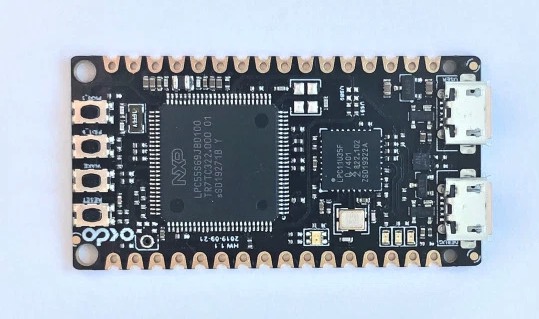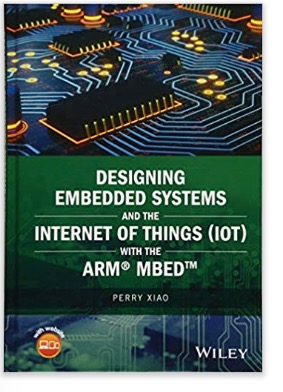Recent Posts
Ultra-Low-Cost ARM Cortex M33 Development Board For IoT Applications
Posted by on
OKdo, a member of the Electrocomponents Group, launched its first own-branded single-board computer (SBC), the OKdo E1 Development Board. The introduction of the board represents the start of the next phase in the company's development towards producing an accessible range of software, hardware, services, and solutions, and is exclusively available from OKdo.
With its focus on single board computing for IoT applications, OKdo is uniquely qualified to bring the E1 to market. Its small form factor provides characteristics that enable users, from makers to industrialists, to develop secure, connected solutions.
The board was developed in collaboration with NXP Semiconductors, and it is supported by NXP's software development ecosystem. That includes the full-featured MCUXpresso integrated development environment (IDE), support for other IDEs, as well as a range of middleware and open-source operating systems.
While the board's integrated features meet the requirements of most applications, OKdo has developed the E1 to operate well with other open-source projects, such as Arduino and Digilent Pmod. A passive companion PCB allows developers to apply additional functions from the full range of Arduino-compatible shields, which are also available from OKdo.
In addition to creating the basis for secure IoT endpoints, the E1 is a platform for evaluating NXP's LPC55S69 microcontroller, an MCU based on the Arm Cortex-M33 32-bit processing core, running up to 150MHz. Furthermore, the MCU integrates several advanced features that are becoming essential in any IoT application, including a cryptographic co-processor, a DSP hardware accelerator, a security module for the real-time encryption/decryption of information (data and code) stored on the on-chip Flash memory, on-chip ROM, support for secure boot, and a range of digital and analog peripherals. The MCU is also Arm TrustZone-M enabled and incorporates an AES-256 encryption/decryption engine, a physical unclonable function (PUF) for key generation, and a true random number generator (TRNG).
Designing Embedded Systems and the Internet of Things (IoT) with the ARM mbed
Designing Embedded Systems and the Internet of Things (IoT) with the ARM mbed offers a comprehensible guide to the development of ARM mbed and includes a variety of topics on the subject from the basics to the advanced.
ARM mbed is a platform and operating system based on 32-bit ARM Cortex-M microcontrollers. This vital resource puts the focus on ARM mbed NXP LPC1768 and FRDM-K64F evaluation boards. NXP LPC1768 owns powerful features such as a fast microcontroller, various digital and analog I/Os, various serial communication interfaces, and a very easy to use Web-based compiler. It is one of the most popular kits that are used to study and develop IoT projects. The FRDM-K64F is relatively new and mostly compatible with NXP LPC1768 but with even more powerful features.
This book is an ideal guide that comes in four sections: Getting Started with the ARM mbed, Covering the Basics, Advanced Topics, and Case Studies.
 Loading... Please wait...
Loading... Please wait...


